Directory
- Share
Ramana Kumar
- Alumni
- Australia
- 2011 PhD Computer Science
- Peterhouse
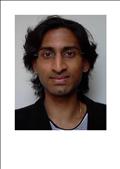
Ramana Kumar
- Alumni
- Australia
- 2011 PhD Computer Science
- Peterhouse
Martin Davis wrote a book called "Engines of Logic" describing computers and their history. His title is accurate. But it is amazing how phenomena from video games to music engraving software emerge from, basically, physically realised arithmetic (it does, however, make the emergence of personalities from biochemistry seem more plausible). I'm interested in the philosophy of computer science. I am specifically working on mechanised logic: formalising mathematics using computers and, on the flip side, building logical models of computer systems, usually with an aim of improving their safety or security. I believe we can learn a lot about meaning by examining our use of computer systems, but there are many secrets hiding in plain sight.
Nidhi Kumra
- Alumni
- India
- 2005 BAaff Mathematics
- Trinity College
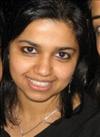
Nidhi Kumra
- Alumni
- India
- 2005 BAaff Mathematics
- Trinity College
Mathematics is a language that has redefined me as a person. I look forward to my study at Cambridge and hope sharpen my analytical and mathematical skills.I want to deepen my understanding of areas like algebra,analysis and probability.I am confident that Cambridge will provide me with a conducive atmosphere for my overall growth. I am optimistic that through the mathematical skills that I attain in the next two years,I can make mathematics more fun and appealing to the future generation.
Dominique Kunciw
- Alumni
- United States
- 2013 PhD Chemistry
- Gonville and Caius College

Dominique Kunciw
- Alumni
- United States
- 2013 PhD Chemistry
- Gonville and Caius College
I graduated from Salisbury University where I earned my B.S. in Chemistry with minors in Mathematics and Biology. Graduating from the Bellavance Honors Program allowed me to explore other fields besides the sciences to gain a broader understanding of the world. As a freshman, I spent a semester in Ecuador learning Spanish and volunteering at a boy’s refuge center. By my sophomore year, I was actively involved in research in the organic synthesis of biologically active compounds at my home institution and abroad. My work on antitubercular compounds led to my first authorship in a publication in BMCL. I spent summer 2011 performing research in peptidomimetics at the École Normale Supérieure. In summer 2012, I worked on the synthesis of an inhibitor of a chemical warfare agent at the TU Kaiserslautern in Germany through DAAD-RISE. After earning my PhD in Organic Chemistry, I will pursue a research career in drug development with an emphasis on diseases in underdeveloped countries.
Patrycja Kupiec
- Alumni
- Poland
- 2011 MPhil Archaeology
- Trinity College

Patrycja Kupiec
- Alumni
- Poland
- 2011 MPhil Archaeology
- Trinity College
My research interests include the Viking expansion into the North Atlantic region, the applications of soil micromorphology to floor deposits in archaeological settlements, human impacts on landscapes, and the application of geoarchaeological methods to identify seasonal occupation of archaeological sites. My research focuses on testing application of micromorphological analysis of undisturbed floor sediments to detect punctuated occupation and to aid future research on seasonally occupied settlements and enrich our understanding of how past societies used, manipulated, and sometimes damaged their environment.
Rachel Kurchin
- Alumni
- United States
- 2013 MPhil Materials Science & Metallurgy
- Churchill College
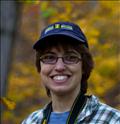
Rachel Kurchin
- Alumni
- United States
- 2013 MPhil Materials Science & Metallurgy
- Churchill College
I grew up just north of Rochester, NY, a few minutes from the shore of Lake Ontario. I've always held a deep commitment to environmental issues such as climate change and particularly renewable energy. As a Gates Scholar, I did the MPhil in Materials Science and Metallurgy, and went on to earn my PhD in Materials Science and Engineering from MIT, where I worked on new materials for photovoltaics (solar cells). I'm currently a postdoctoral fellow at Carnegie Mellon University working on batteries.
David Kurz
- Alumni
- United States
- 2013 MPhil Biological Science (Zoology)
- Jesus College
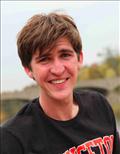
David Kurz
- Alumni
- United States
- 2013 MPhil Biological Science (Zoology)
- Jesus College
Growing up in rural Maryland, I often entertained myself by capturing and raising a menagerie of local animals – minnows, spiders, newts, crayfish, rabbits, frogs, turtles, mantids, ants, birds…My love for wildlife was further enhanced as I read dozens of books by English conservationist Gerald Durrell, whose work inspired me to consider conservation as a career path. With Durrell’s bold, charismatic approach to saving rare animals as something of a guiding light, I studied Ecology & Evolutionary Biology at Princeton and conducted research in wildlife conservation. Also in college, my life was transformed as – for the first time – I truly grasped God’s beautiful redemptive narrative and understood its implications for the world and my life. Now, as I pursue graduate training in conservation biology at Cambridge and beyond, I am eager to serve others by bringing both science and faith to bear on some of the most pressing and difficult conservation challenges in the world.
Andrea Kusec
- Alumni
- Canada
- 2017 PhD Biological Science at the MRC Cognition and Brain Sciences Unit
- Fitzwilliam College
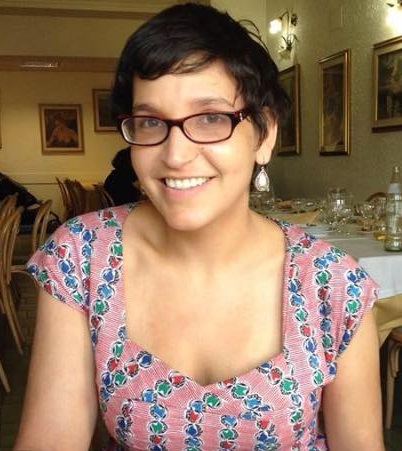
Andrea Kusec
- Alumni
- Canada
- 2017 PhD Biological Science at the MRC Cognition and Brain Sciences Unit
- Fitzwilliam College
I became interested in the brain and mind when I was diagnosed with epilepsy at age 13. I pursued a BA in Psychology at Ryerson University, where I became interested in the development and treatment of cognitive biases in mood disorders. While volunteering on the Acquired Brain Injury (ABI) Unit of Toronto Rehabilitation Institute, I developed an interest in designing treatments for cognitive and emotional difficulties in individuals with an ABI that account for their unique impairments. To further my knowledge of ABI, I obtained an MSc in Rehabilitation Science at McMaster University. Many people with an ABI have symptoms of depression, but available methods of treating mood disorders such as Cognitive Behavioural Therapy fall short because they rely heavily on domains often compromised in ABI, such as mental flexibility, comprehension, and memory. As a student in the Cognition and Brain Sciences Unit, I will investigate whether depression in ABI can be treated by increasing engagement in positive activities, and whether this treatment can be enhanced through cognitive training to facilitate planning and engagement in such activities. If effective, this research could immediately influence rehabilitation services worldwide.
Previous Education
Ryerson University
McMaster University
Grant Kynaston
- Alumni, Scholar
- Australia
- 2019 MPhil Classics
2020 PhD Classics - Peterhouse
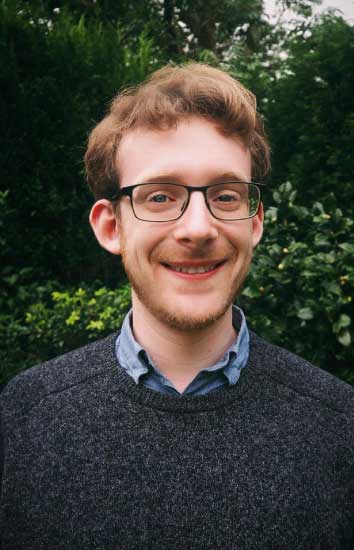
Grant Kynaston
- Alumni, Scholar
- Australia
- 2019 MPhil Classics
2020 PhD Classics - Peterhouse
Ancient languages are no less fluid than their contemporary equivalents: obscured by the standardisation of most classical texts, the vernaculars of antiquity vary dramatically across time and space, evolving unpredictably and spreading into new regions. My interest in the development of, and interactions between, ancient languages was piqued while studying Latin and Classical Greek at the University of Sydney, and furthered by my graduate studies of Classical Arabic at Charles Sturt University. Through my Master of Philosophy at Cambridge, I researched how language change affected Greek poetic composition, and how Greek and Latin interacted with regional Semitic languages, including Arabic and Ge'ez. I intend to focus my PhD on a particular issue in the diachronic linguistics of Greek: the loss of phonemic accentual pitch, and the development of the modern 'stress' accent. Little explored in modern scholarship, this question is not only important to Greek linguistics, but also informs our understanding of metrical composition in Late Antiquity, and the interchange of linguistic features occurring across Greek's areal spread. I am most grateful to the Gates Cambridge Trust for continuing to support my research.
Previous Education
University of Cambridge Classics 2020
Charles Sturt University Islamic Studies 2019
University of Sydney Arabic Language and Cultures 2018
Yaroslava Kyrychenko
- Scholar
- Ukraine
- 2022 PhD Psychology
- King's College

Yaroslava Kyrychenko
- Scholar
- Ukraine
- 2022 PhD Psychology
- King's College
Growing up in Kyiv during the Maidan Revolution, I was fascinated by the power modern technology has in shaping politics and democracy. As a mathematics and psychology student at New York University, I used natural language processing and other data science methods to study social processes online. As a PhD student in psychology, I will continue using data science tools to investigate polarization, misinformation, and social identity on social media. I hope to help make social media more politically productive and contribute to our knowledge of how identities develop. Throughout my research career, I want to bring psychologists and data scientists closer together to give both the tools to create a more fair society enabled by modern technology. I hope to use my skills and experience to help rebuild Ukraine.
Previous Education
New York University Mathematics and Psychology 2022
Links
https://github.com/yarakyrychenko
https://medium.com/@k.yara
https://www.linkedin.com/in/yaroslava-kyrychenko
Alexandre L'Heureux
- Alumni
- Canada
- 2018 MPhil Engineering for Sustainable Development
- St John's College
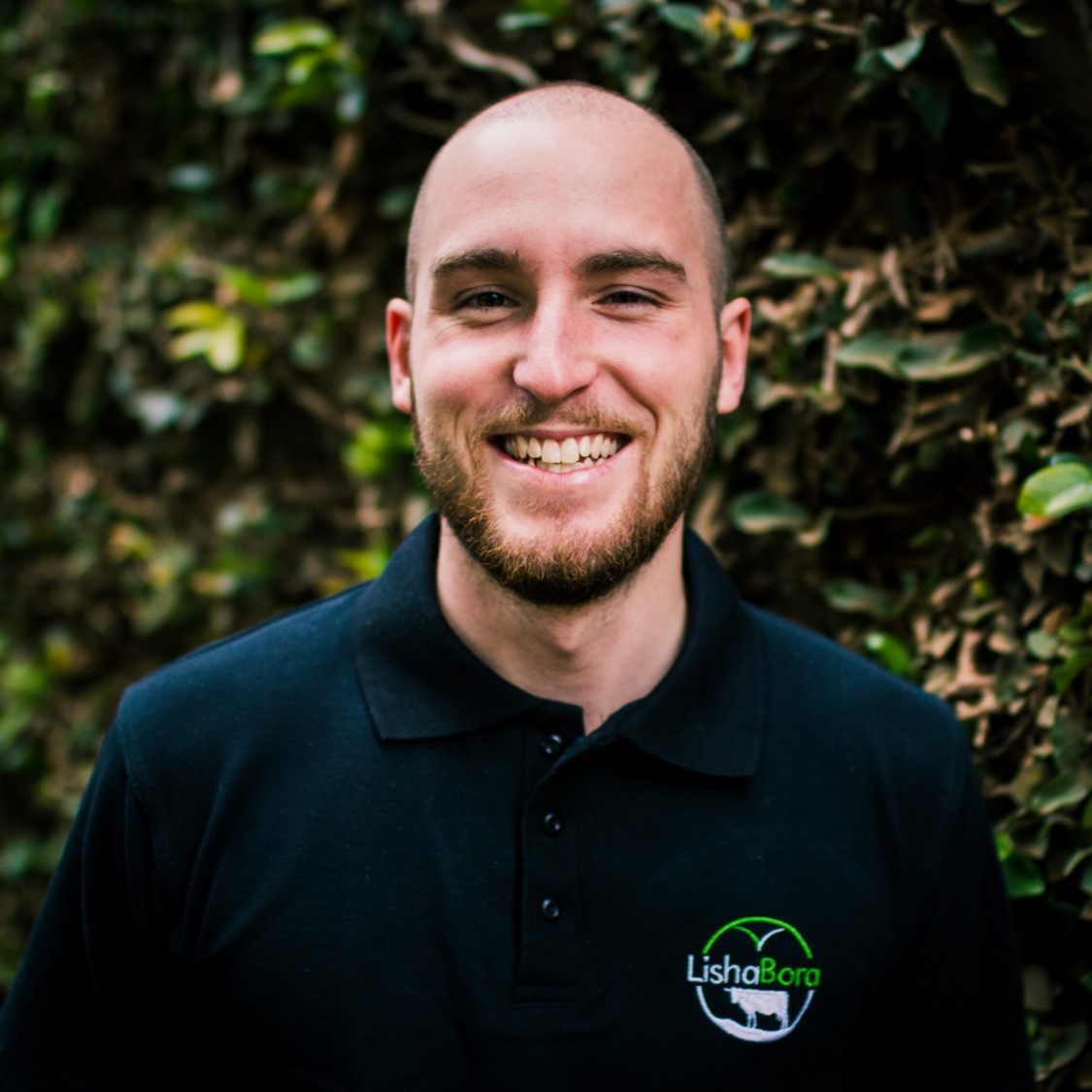
Alexandre L'Heureux
- Alumni
- Canada
- 2018 MPhil Engineering for Sustainable Development
- St John's College
Originally from Montreal, Canada, I recently completed an MPhil at Cambridge in Engineering for Sustainable Development. During this time, I investigated how to enable vulnerable communities to develop solutions around social and environmental problems they face. I built a framework to analyse and map inclusive innovation ecosystems in collaboration with the Centre for Global Equality and the Bahir Dar Institute of Technology in Ethiopia. Prior to Cambridge, I was with Engineers Without Borders Canada for two and a half years. I first worked to accelerate agribusiness enterprises and train local consultants in Ghana and Côte d’Ivoire. I then managed technology development for an early-stage social enterprise that improved access to markets and affordable finances for smallholder farmers in Kenya. Before that, I worked for two years in making buildings more sustainable through energy efficiency. I’m hoping to build on my research and work experience to further create systems-level change in the realms of climate action and social justice around the world.
Previous Education
Concordia University
Carmen Lacambra-Segura
- Alumni
- Spain
- 2005 PhD Geography
- St Edmund's College
Carmen Lacambra-Segura
- Alumni
- Spain
- 2005 PhD Geography
- St Edmund's College
I am a biologist, most of my experience has been in tropical coastal ecosystems and policy making. I am researching the responses of coastal ecosystems to natural hazards and how coastal ecosystems can be integrated to coastal and disaster planning initiatives.
Previous Education
Universidad de Los Andes
University of Hull
Anwesha Lahiri
- Alumni
- India
- 2021 PhD Medical Science at the MRC Epidemiology Unit
- Queens' College
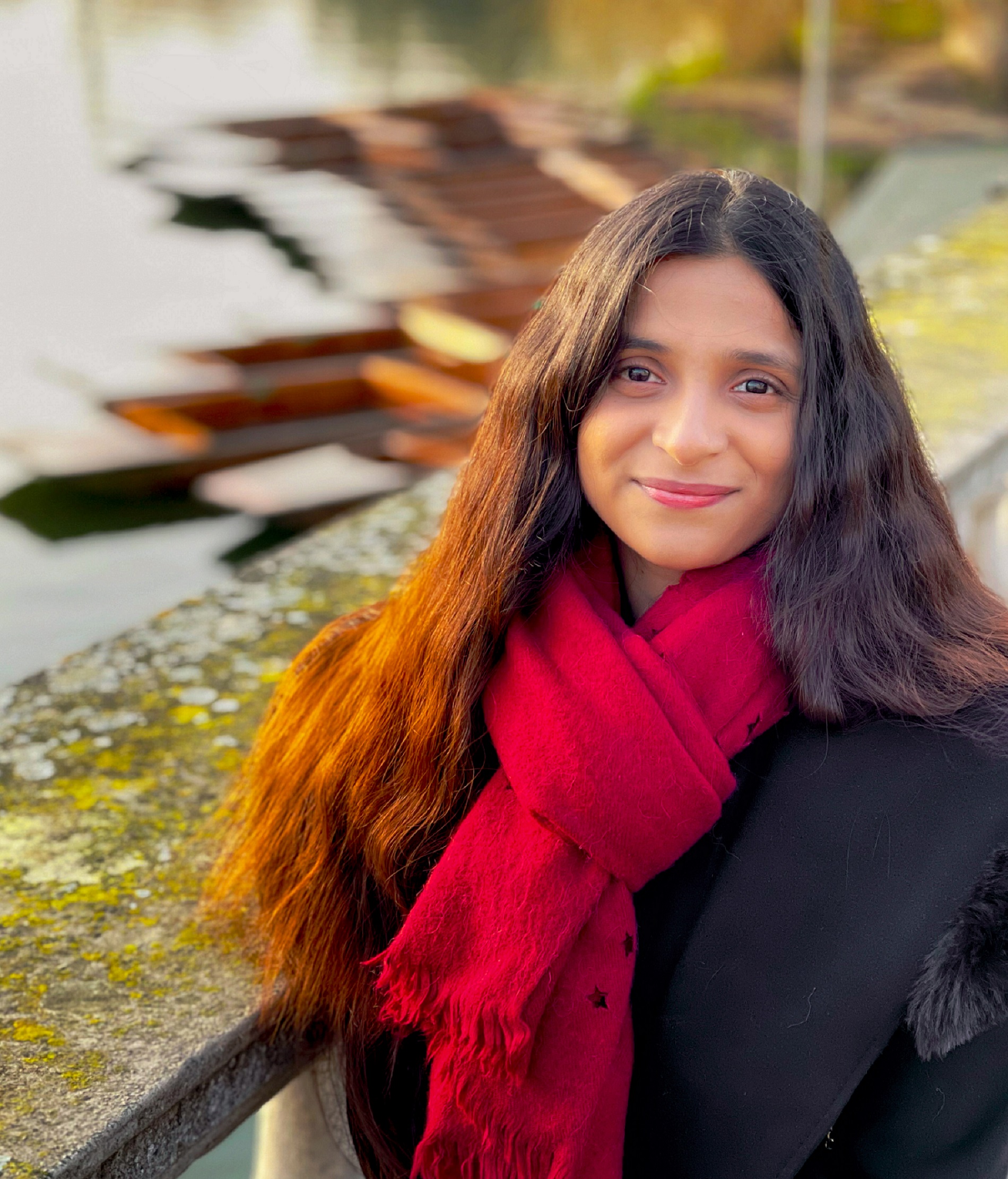
Anwesha Lahiri
- Alumni
- India
- 2021 PhD Medical Science at the MRC Epidemiology Unit
- Queens' College
Born in a family of doctors in India, I grew up looking at the world through a lens of seasoned physicians battling to save lives in resource-poor settings. While the academic in me developed an insatiable curiosity about the biological mechanisms of diseases, the social activist in me realized that exploring drivers of diseases at a population level is important to solve global health problems. My graduate studies at IIT Bombay and University of Cambridge cemented this understanding; extensive field research and work experience with UNICEF impressed upon me the importance of translating research findings into actionable evidence. My PhD seeks to explore the nutritional, lifestyle and metabolic risk factors of diabetes and cardiovascular diseases in South Asians; integrating clinical knowledge, statistics and public health. South Asians, constituting a fourth of the global population, experience a disproportionately high burden of these diseases, aggravated by inequities in biological risk, behavioural factors and access to health services. Through my research I wish to comprehensively examine the importance of modifiable risk factors in mitigating cardiometabolic disease risks in this population and inform country-specific policies and disease prevention strategies.
Previous Education
University of Cambridge Epidemiology 2021
Indian Institute of Technology - Bombay Technology and Development 2019
West Bengal University of Technology Biotechnology 2017
Bo Shiun Lai
- Alumni
- Taiwan
- 2013 PhD Pathology
- Jesus College
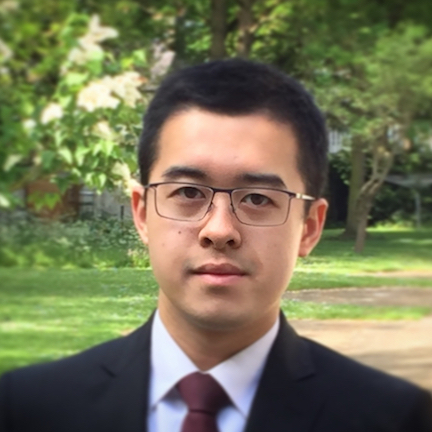
Bo Shiun Lai
- Alumni
- Taiwan
- 2013 PhD Pathology
- Jesus College
Dr. Bo-Shiun Lai is a physician-scientist based in Vancouver, British Columbia. His clinical work includes general family medicine, HIV hepatitis C management in primary care, and treatment of menopause symptoms. His research led to both the development of a novel therapy against toxoplasmosis and deepening understanding of host immune response. His work resulted in a United States patent and a nomination for the Cozzarelli Prize, awarded annually by the National Academy of Sciences. Dr. Lai obtained his Doctor of Philosophy (PhD) in 2017 from the University of Cambridge, where he was a recipient of the prestigious, full-ride Gates Cambridge Scholarship. He received his Doctor of Medicine (MD) from the world-renowned Johns Hopkins School of Medicine in 2021. He completed training in family medicine at the University of Toronto in 2023. Dr. Lai is fully certified by the College of Family Physicians of Canada. His hobbies include swimming, photography, and traveling. Above all else, he enjoys spending time with the love of his life, Jennifer.
Links
Lucinda Lai
- Alumni
- United States
- 2012 MPhil Social Anthropology
- Pembroke College
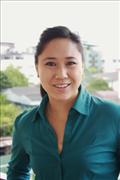
Lucinda Lai
- Alumni
- United States
- 2012 MPhil Social Anthropology
- Pembroke College
I grew up in a hub of Southeast Asian American cultures and communities in San Jose, California. I worked for a community-based organization on the Thai-Burma border dedicated to the mental health of Burmese refugees. I have since completed an MPhil in Sociology, received my MD from Harvard Medical School, and began residency training in Emergency Medicine at Massachusetts General Hospital.
Previous Education
Stanford University
Nathanael Tsun Sum Lai
- Alumni
- Canada
- 2021 PhD History
- Hughes Hall
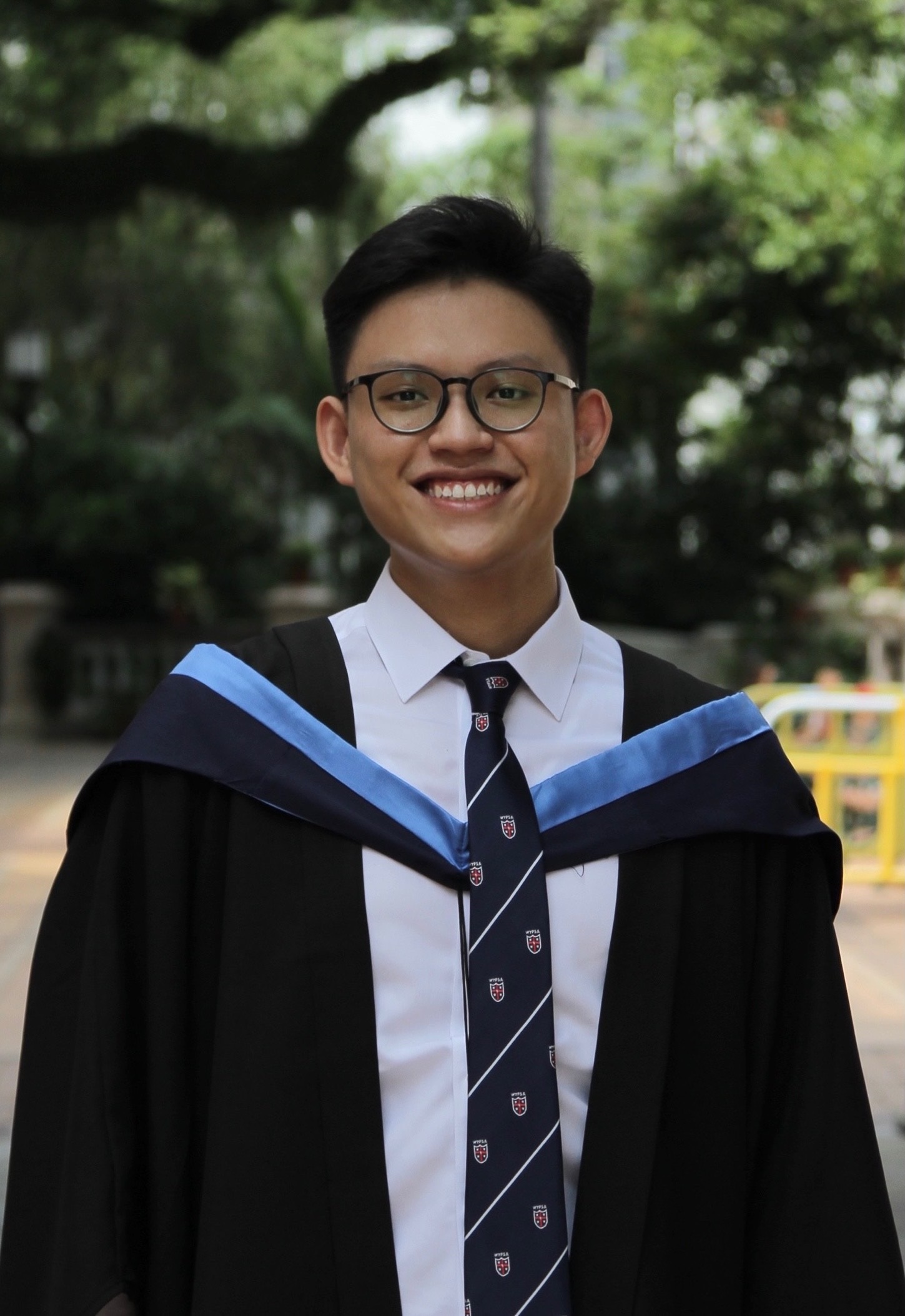
Nathanael Tsun Sum Lai
- Alumni
- Canada
- 2021 PhD History
- Hughes Hall
It is my hope—also conviction—that historical research can provide insights into how we make sense of our world today. To study History is also to appreciate the weight of truth. Most importantly, I hope my research can be part of a collective effort which helps people from my home, Hong Kong, weather stormy times and imagine their manifold futures. My undergraduate dissertation at HKU explores the city’s turbulent 1950s, not least the way upheavals at the time were written and remembered. As I began my MPhil at Cambridge, I decided to build upon such research to explore similar convulsions in Hong Kong and Singapore in the 1950s. My dissertation fleshes out their connected histories and examines the way Hong Kong and Singapore figured side by side from and beyond the British perspective. I am interested in how the movement of people, objects, and ideas drew the two colonies together. My PhD research will adopt a larger time frame to probe how people in both colonies came to terms with moments of radical change. It also hopes to further explore how ideological currents—from nationalism to the language of human rights, multiculturalism to the cause of democracy—cut across boundaries and pervaded Hong Kong, Singapore, and beyond.
Previous Education
University of Cambridge MPhil in World History 2021
University of Hong Kong History & English Studies 2020
Don Laing
- Scholar
- New Zealand
- 2024 PhD Paediatrics
- Trinity Hall
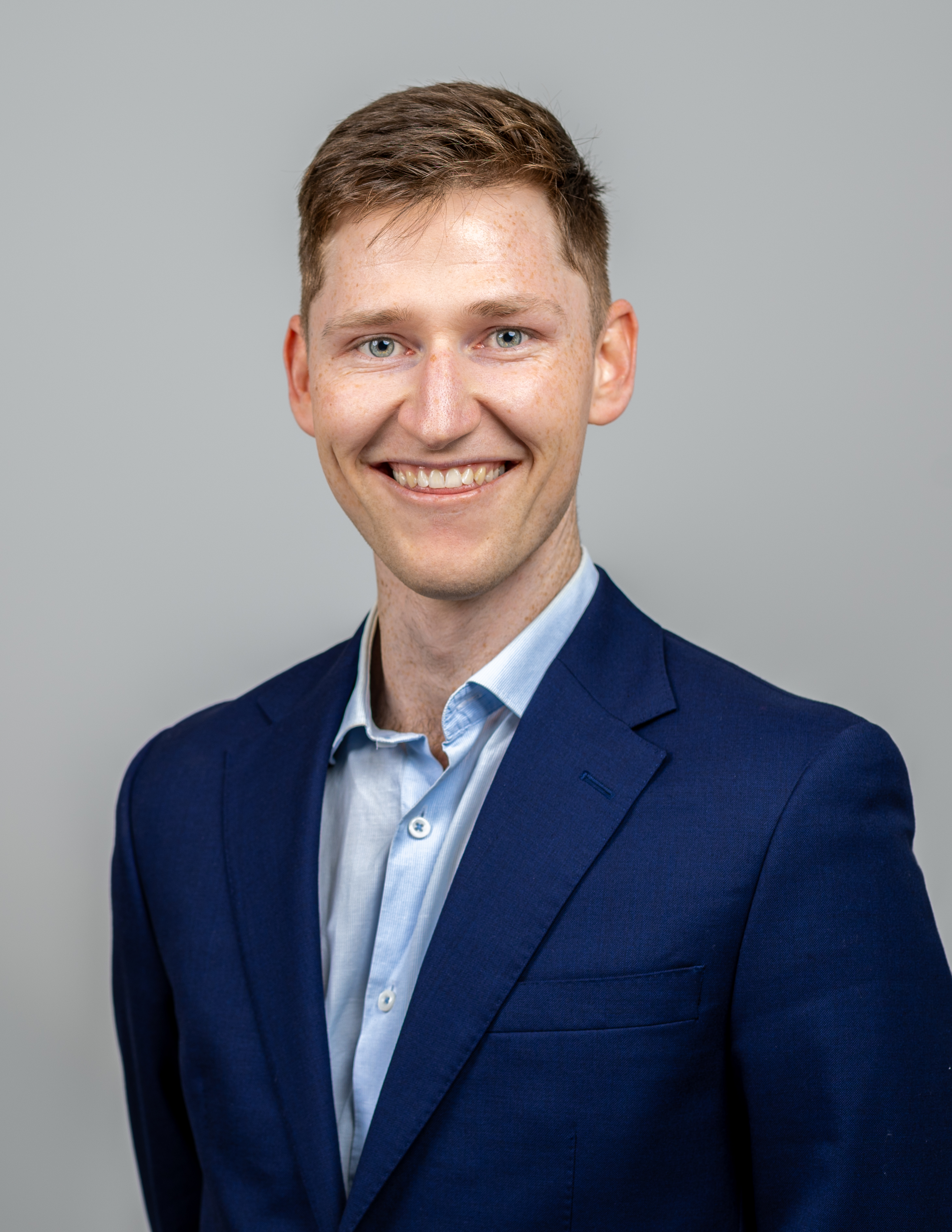
Don Laing
- Scholar
- New Zealand
- 2024 PhD Paediatrics
- Trinity Hall
Originating from Waerenga, a small rural community in New Zealand, I was profoundly impacted by the advocacy and care provided by rural physicians to our most vulnerable populations. This experience, coupled with reflections during my paediatric rotations at medical school, fuelled my desire to enhance children's healthcare. I feel privileged to have been supervised by Dr Chris McKinlay, who taught me the power of curiosity and importance of addressing unanswered scientific questions. Together we designed and executed a trial exploring a novel therapy for transitional neonatal hypoglycaemia in the neonatal intensive care unit. Now embarking on a PhD in Paediatrics, I am eager to build upon this foundation under the mentorship of Dr Nazima Pathan in the paediatric intensive care. Our focus will be on better understanding the interplay between patients and the microbiome in the development of ventilator-associated pneumonia, a condition associated with significant mortality and morbidity. Through innovative research, we aim to pioneer early detection and intervention strategies to improve outcomes for paediatric patients. I am immensely grateful to Gates-Cambridge for their support in making this important project possible.
Previous Education
University of Auckland Medical Sciences 2021
University of Auckland Medicine and Surgery 2021
Tessa Laing
- Alumni
- New Zealand
- 2018 PhD Development Studies
- Murray Edwards College (New Hall)
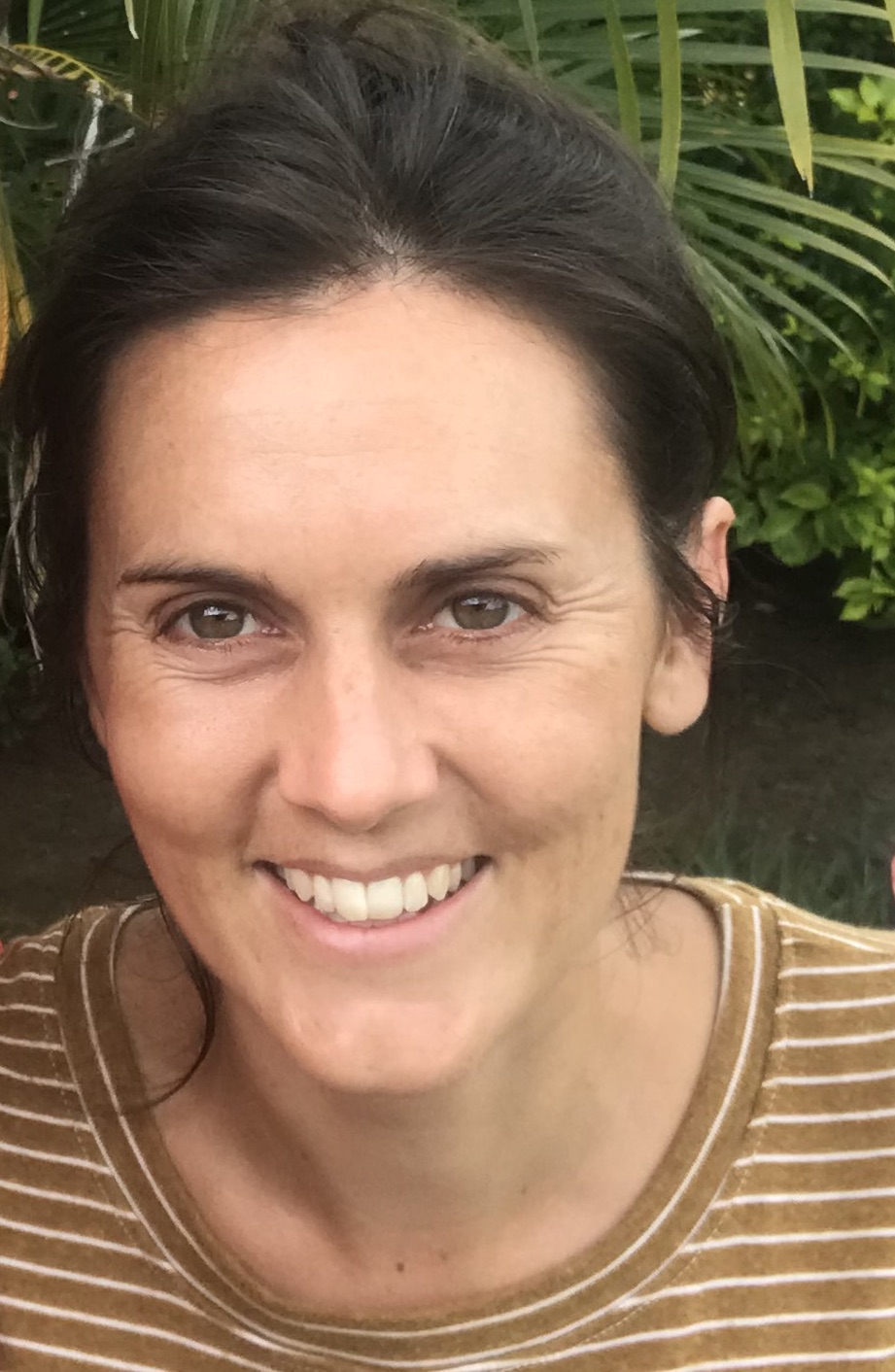
Tessa Laing
- Alumni
- New Zealand
- 2018 PhD Development Studies
- Murray Edwards College (New Hall)
I have always been drawn to stories of people collectively organising to bring about social change. After gaining experience in New Zealand, this passion took to me to Northern Uganda where I have lived and worked as a researcher and grassroots community organiser supporting local activists tackle social, environmental and land rights campaigns since 2013.
My PhD at Cambridge, completed in 2023, drew on ethnographic, archival and activist-research methods to examine political action in response to large-scale, state driven land expropriation in northern Uganda. The issues I explored intersect discussions on peasant resistance and African land regimes–institutional arrangements linking forms of public authority, political identity, administrative territory, and property rights.
My new role as Peace and Justice Coordinator with the Anglican Diocese of Northern Uganda will focus on building peaceful solutions to regional large scale land conflicts.
Previous Education
University of Canterbury
Niraj Lal
- Alumni
- Australia
- 2008 PhD Physics
- Clare Hall
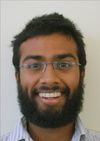
Niraj Lal
- Alumni
- Australia
- 2008 PhD Physics
- Clare Hall
I commenced a PhD in Physics at the Nanophotonics Centre at Cambridge with Professor Jeremy Baumberg in January 2009, and I'm loving it. My topic is "Nanovoid Plasmon-Enhanced Photovoltaics" - using some new physics to make solar cells more efficient. I think one of the biggest challenges of our generation is to understand our planet's resources and develop ways to live with them sustainably. I'm enjoying researching a means of electricity generation that can be safe, clean and decentralised.








